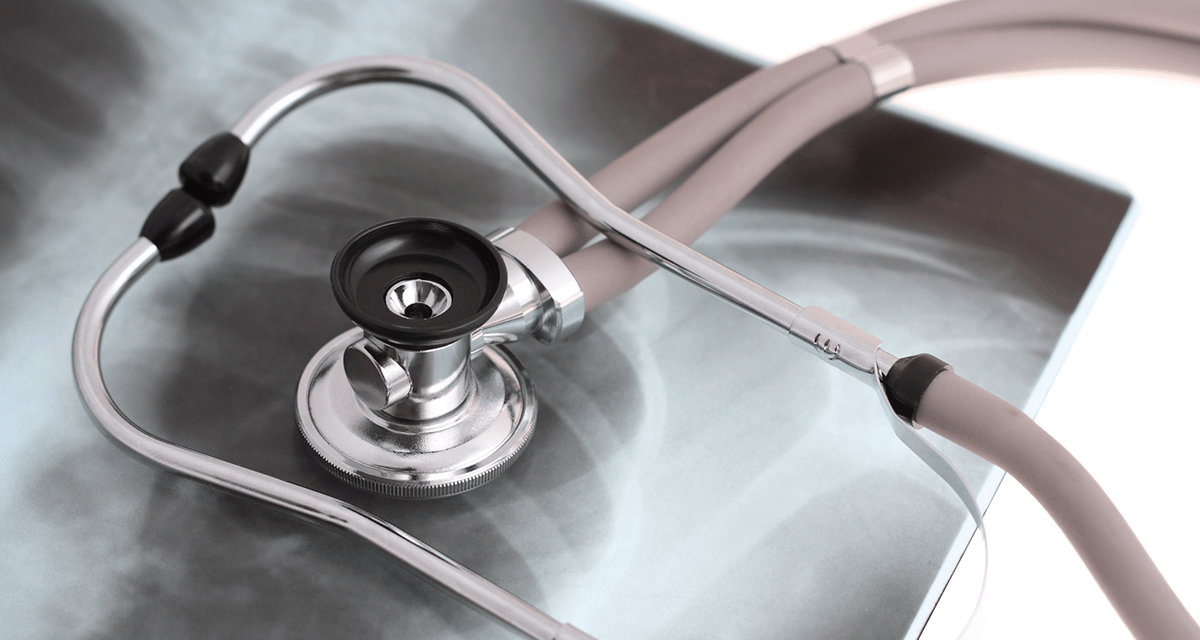Phthalates are a group of chemicals used in common commercial products. Epidemiological studies suggest that phthalate exposure is associated with development or worsening of allergic diseases such as asthma. However, effects of dibutyl phthalate (DBP) or other phthalates found in high concentrations in indoor air have never been examined in allergic individuals in a controlled exposure setting. Therefore, our objective was to investigate the airway effects in humans due to inhalation of a known concentration of a single phthalate, DBP. In a randomized, crossover study, 16 allergen-sensitized participants were exposed to control air or DBP for 3 hours in an environmental chamber followed immediately by an allergen inhalation challenge. Bronchoalveolar wash and lavage were obtained 24h post-exposure. Lung function, early allergic response, airway responsiveness, inflammation, immune mediators and immune cell phenotypes were assessed post-DBP exposure. DBP exposure increased the early allergic response (21.4% decline in FEV area under the curve, p=0.03). Airway responsiveness was increased by 48.1% after DBP exposure in participants without baseline hyper-responsiveness (p=0.01). DBP increased the recruitment of bronchoalveolar lavage total macrophages by 4.6% (p=0.07) while the M2 macrophage phenotype increased by 46.9% (p=0.04). Airway immune mediator levels were modestly affected by DBP. DBP exposure augmented allergen-induced lung function decline, particularly in those without baseline hyper-responsiveness, and exhibited immuno-modulatory effects in the airways of allergic individuals. This is the first controlled human exposure study providing biological evidence for phthalate-induced effects in the airways. Clinical trial registration available at www.clinicaltrials.gov, ID: NCT02688478.
Dibutyl Phthalate Augments Allergen-induced Lung Function Decline and Alters Human Airway Immunology: A Randomized Crossover Study.


